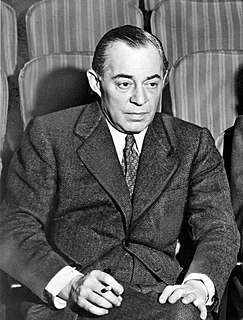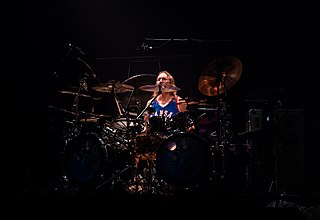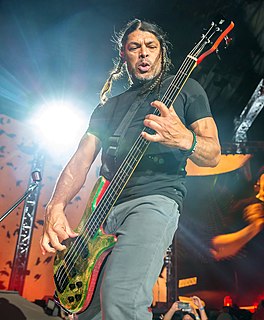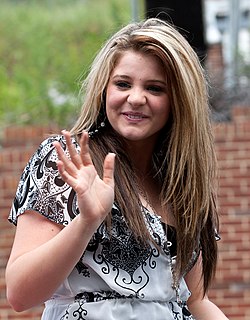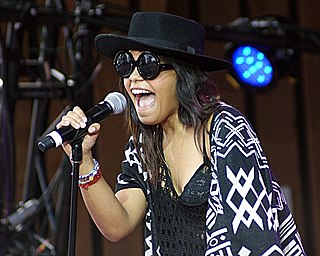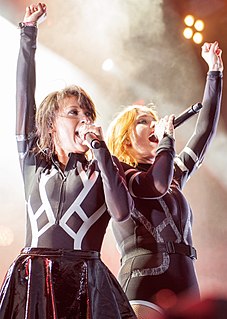A Quote by Stephin Merritt
Okay, a truly great song is a song that makes its own aesthetic intentions clear and then lives up to them and exceeds them in an interesting way. Alright?
Related Quotes
But once you've made a song and you put it out there, you don't own it anymore. The public own it. It's their song. It might be their song that they wake up to, or their song they have a shower to, or their song that they drive home to or their song they cry to, scream to, have babies to, have weddings to - like, it isn't your song anymore.
I was starting to play the ukulele at the same time I was having all these conversations with [the late Ramones guitarist] Johnny Ramone, these intense tutorials staying up late and listening to the music he grew up on, and picking up what's a great song and what makes a great song. He was all about lists and dissecting songs, like what's a better song by Cheap Trick: "No Surrender" or "Dream Police"? Sometimes you'd be surprised by the answer. It was an interesting dichotomy between hanging out with the godfather of punk rock and starting to play the ukulele. They came together.
An audience will let you know if a song communicates. If you see them kind of falling asleep during the song, or if they clap at the end of a song, then they're telling you something about the song. But you can have a good song that doesn't communicate. Perhaps that isn't a song that you can sing to people; perhaps that's a song that you sing to yourself. And some songs are maybe for a small audience, and some songs are for a wide audience. But the audience will let you know pretty quickly.
Musically, though, you're a character and you're singing a song. If you're not your own character, you're the character in the song, most of the time. Even blues musicians, a lot of them who were the most realistic, at times, they were singing a song and portraying a character in the song. There's something to be said for getting involved in the emotion of a song, too, with the characters.
Sometimes there's this balance: if you try to clear 10 things you'll probably get lucky and be able to clear most of them, or all of them; try to clear 20 things, in my mind there's gonna be at least one issue, maybe two - and then that's when it starts getting into either re-recording stuff, or you've got to take that song off.


